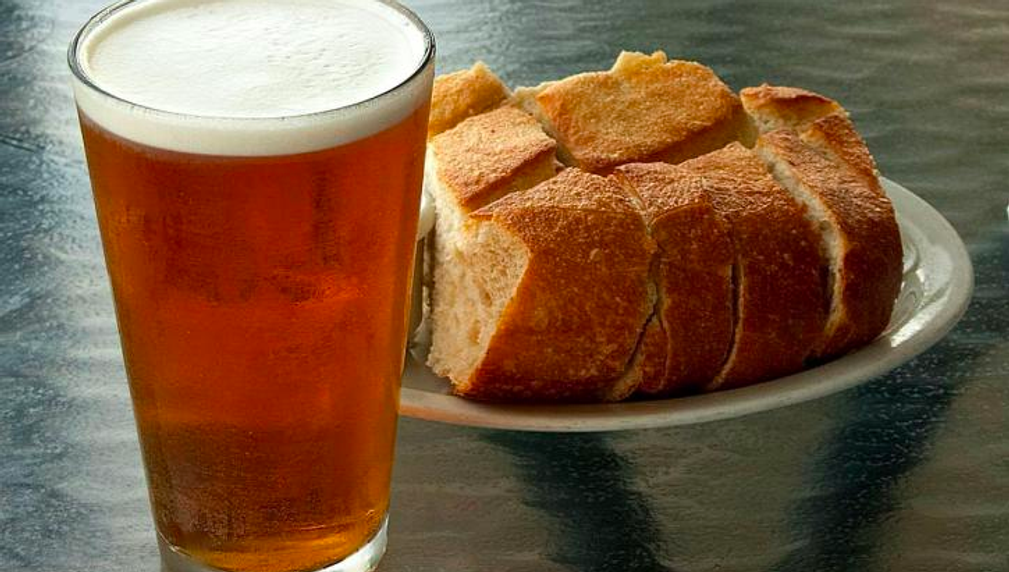Baguettes to Beer
This program will provide a hub for commercial bakeries and craft brewers throughout the region to collabrate on making bread-based beer from unsold bread, lowering the amount of bread waste and providing a cost-effective grain substitute in the brewing process.

What is the primary issue area that your application will impact?
Climate and Environment
In which areas of Los Angeles will you be directly working?
County of Los Angeles
In what stage of innovation is this project, program, or initiative?
Research (initial work to identify and understand the problem)
What is your understanding of the issue that you are seeking to address?
Each year, tons of unsold bread is disposed of in landfills and in other non-beneficial ways. Craft brewers spend capital on obtaining grains to produce their products. It has been demonstrated that bread retains much of the proteins, fiber, and taste from the original grain it was made from, and therefore can be used as a raw material for producing beer. There has been some success in collaborations between bakeries and breweries in Europe and other parts of the United States; we would like to establish a program which will allow participating breweries and commercial bakeries in Southern California to work together to reduce bread waste, allow the brewers to operate in a more cost-efficient manner, and contribute to a healthy environment through recycling and upcycling.
Describe the project, program, or initiative this grant will support to address the issue.
The Bread to Beer project is part of the Mayor's Sustainablity pLAn to aid economic development in the region. It aims to 1) educate commercial bakers and craft brewers about the process of using bread as raw material for producing beer, 2) gauge local interest and develop a roster of those willing to explore the various options available to work together and providing assistance in formalizing agreements, and 3) organize and present an informational event involving brewers and bakeries that have had success in collaborating in the past. One such brewery, while we don't have any kind of formal arrangement with them, has agreed to help us out in starting up our program.
Describe how Los Angeles County will be different if your work is successful.
Realistically, I can see 25-30% of local brewers taking advantage of this program once or twice a year. Some may choose to do it more often, while others may try it and feel that it's not worth their time and effort. However, if we do see that level of participation, it will appeal to other breweries and bakeries across the county. In addition, the lessons learned and principles developed in this initiative can be applied to other food upcycling ventures in other food product chains.
What evidence do you have that this project, program, or initiative is or will be successful, and how will you define and measure success?
Success will initially be measured by the percentage of existing craft breweries in Los Angeles participating in the program. As it expands beyond the city limits, we expect it be somewhat self-sustaining as the collaborators establish schedules and contracts with each other.
Approximately how many people will be impacted by this project, program, or initiative?
Direct Impact: 100
Indirect Impact: 50,000